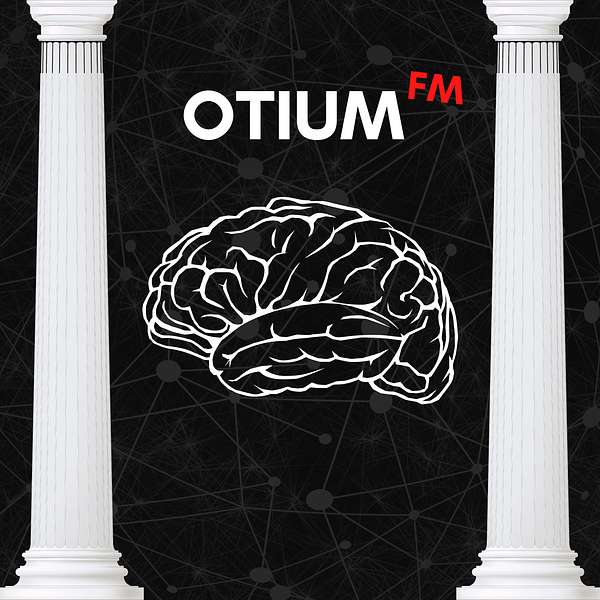
OtiumFM
OtiumFM is an upcoming show deep-diving into the world of Tools for Thought, or TFTs! Featuring insights on note-taking, making connections between thoughts, and serendipity, host Norman Chella brings you conversations with individuals in this space so you can better your note-taking experience. Expect guests from various TFT apps, independent researchers, and varying professions who bring with them note-taking insights, from analog to digital and even hypergraphic!
Coming out soon.
In the first two seasons, this show was called RoamFM, the podcast all about Roam Research, for members of the Roaman community. In these two seasons, join us as we dive into the minds of amazing Roam users, taking a peek into how they use Roam to create wonderful connections.
OtiumFM
Joel Chan: Knowledge Synthesis, Analog Media and Zettel Questions
In this episode, we talk with Joel Chan, Assistant Professor at the University of Maryland.
His involves the following quote: 'My research seeks to understand and create generalizable configurations of people, computing and information that augment human intelligence and creativity. I want to help create a future where any person or community can design the futures they want to live in.'
In the pursuit of his research, he has stumbled into Roam and is dedicated to seeing its possibilities. Implementing a hybrid Zettelkasten and Zettel Question system, he has designed a system to achieve knowledge synthesis which is what we will be talking about in this episode.
We covered:
- Joel's workflow, how he creates notes, Zettels and Zettel Questions
- Synthesis and the sum of all its parts: How do you integrate knowledge from different fields to create something new?
- Charles Darwin's notebooks, and Roam's competitor
- Why is analog media so powerful?
Enjoy!
Timestamps
- 2:49 Joel's note-taking system: Lab notebooks
- 4:24 Using Evernote Premium and the cabinets
- 5:55 Professors have their second brains in students and collaborators
- 8:35 Discovering [[Stian Håklev (侯爽)]]'s PhD Roam workflow
- 11:23 New version of Zettels: Zettel Questions
- 13:56 The best insights only come from a 'single mind'
- 16:40 Why is analog media so powerful?
- 18:22 Charles Darwin and Note Excision
- 20:06 Mixed media and Roam's challenges
- 23:09 Roam's biggest competitor, and Richard Feynman thinking on paper
- 24:38 Emulating Roam features on paper, and terrible analog media practices
- 27:54 The meaning of synthesis and polymathy
- 28:59 Engaging in greater knowledge synthesis with Roam
- 30:44 The manifest function and latent function of institutions
- 31:43 The 3 requirements for synthesis
- 34:36 Multiplicity and how it allows for synthesis
- 38:14 [[What does Roam mean to you?]]
Links